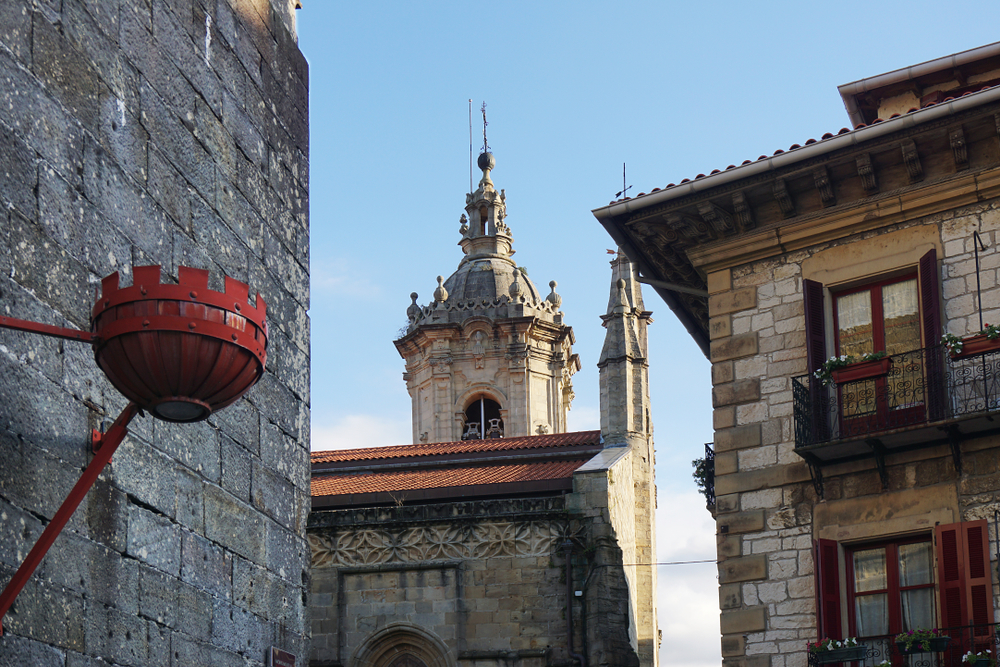In 2011, the armed crusade of the Basque separatist group, ETA, ended. With a single broadcast, the ETA — viewed as freedom fighters by some and terrorists by others — relinquished its campaign for an independent Basque homeland, which included more than half a century of bloody conflict with the Spanish national government. It left in its wake almost unbridgeable chasms between ETA supporters and the families of the group’s victims, numbered at more than 800. Its legacy is a festering wound, and the struggle over how the period of violence will be remembered endures even today.
The scarred families, broken communities and lingering after-effects of political murder and terror on the lives of ordinary people are at the heart of Fernando Aramburu’s magnificent novel, Homeland, which is his first to be translated into English. It tells the story of two families in an unnamed Basque village, one of which is left devastated when the father, Txato, is hounded and then murdered by the ETA. His widow, Bittori, returns to the village and makes it her life’s mission to find the killer. The other family’s oldest son, Joxe Mari, joins the separatists, murders people and is imprisoned. His mother, Miren, responds to his incarceration by becoming a fervent ETA supporter.

'Homeland' By Fernando Aramburu Picador, Rs 799 Amazon
This sets off a reckoning with Bittori, who has been Miren’s best friend since childhood. Bittori finds herself losing Miren’s love and friendship although she is welcomed back to the village by Miren’s daughter, Arantxa, who wants the families to reconcile. Aramburu follows the two women through decades of conflict, through agonizing periods of coming closer to each other only to be torn asunder again, as their painful memories and histories ruin their lives.
Aramburu triumphs in the manner in which he connects action to reaction: the way Bittori responds the second it dawns on her that she has been deliberately rebuffed at the butcher shop when Txato is marked as an ETA target, or the aftermath of the confrontation between Arantxa and Miren about the ETA’s use of violence, when Arantxa’s father, “staggering with sorrow”, tries and fails to stop his daughter from leaving the house. It is no mean feat to prevent a novel of nearly 600 pages — in which the question of Basque nationhood is central — from sounding like a lengthy record of victimhood, but Aramburu steers clear of that trap.
In a work rife with beatings, Molotov cocktails, coercion and murder, with the overriding emotion being fear, Aramburu still manages to foreground the individual and collective stories of the two women, their husbands, their children and grandchildren. Each story is realized skilfully; each character tries to flee the violence in any way they can — through exile, liquor and even love. For all their years of friendship and shared suffering, Miren and Bittori, once like sisters, now know that if life must go on, it must go on without the other. Aramburu makes it clear that their scars will never heal; the reader needs no knowledge of Spain’s messy history to understand this fundamental, awful truth. Homeland is an exceptional, empathetic portrait of pain, family, the nature of forgiveness and the idea of home.











